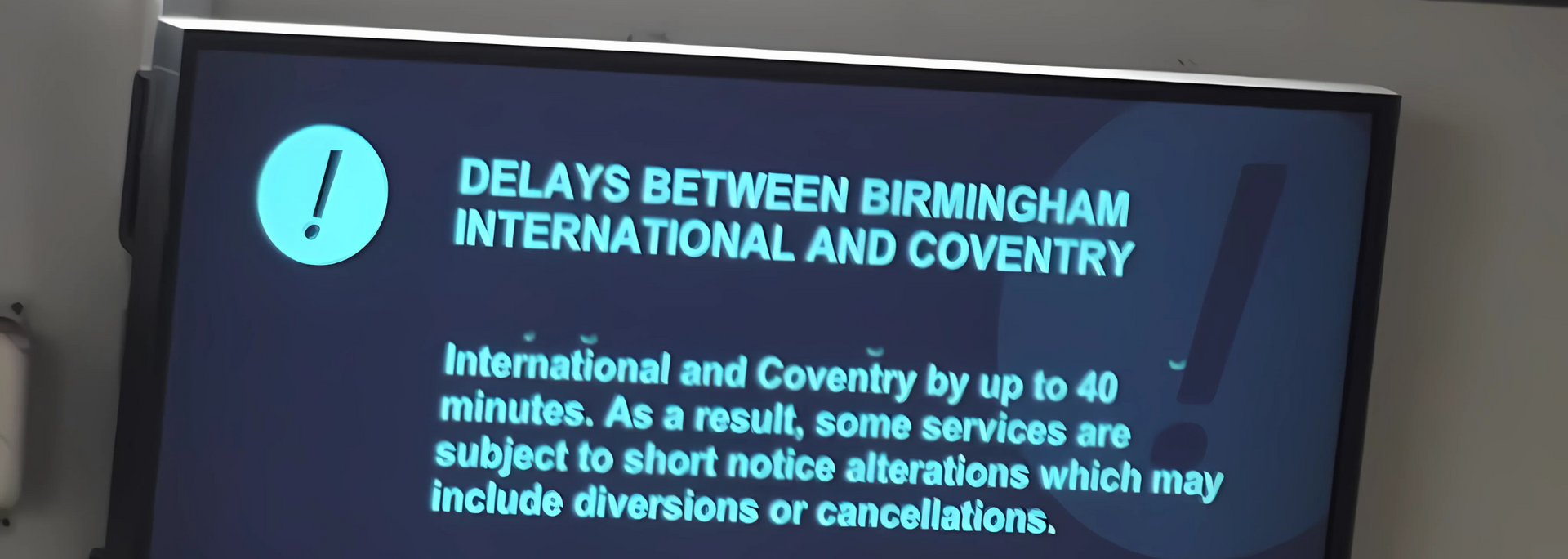Take your show on the road: planning a tour without a major label
Are you a performer looking to go on tour without major label backing? Find out how in our guide.

Over the last decade or so, the music industry has changed dramatically. The scale of change is beyond the scope of this article, but one point is salient. More and more musicians and bands are going on the road without backing from a label, still less a major label.
This creates possibilities and throws up challenges. Without a label behind you, it's your job to do, well, everything: from booking venues to marketing, from logistics to finances.
It's a big ask – and a major cause of
burnout in the industry. But with the right kind of planning and some elbow grease, it's far from impossible.
Before we go any further, it's important to say this article is about performers without a major label
and without a tour manager. Getting a tour manager onside will take many of these tasks off your hands (in exchange for a fee or a cut).
We wish you all the best on your tour.
Know your audience
First off, you need to be realistic about your audience. Look at your analytics and ask yourself how many people are likely to come and see you perform.
This clear-sighted approach increases your chances of success. Anyone in the music industry will tell you that gig attendance fluctuates mysteriously. But if you plot your route according to data, not dreams, you're more likely to play to an appreciative audience in a room that feels, or even is, full.
Once you've got a clear sense of your potential live audience, you should choose what size venues to approach. The best way to achieve this is by making a list of venues and Googling their "cap" (capacity).
Plan your route
OK, so you've selected the size of venues you'll approach. Where are you going to play?

There's no right or wrong answer to this question. It could depend on your genre – if you play a niche style like noise rock, for instance, there could be a legendary night in a particular city. It could be based on previous performances and connections. It could even be based on listener data (although you should be wary of assuming that your 71 listeners in Eastbourne will all come out to see you).
When plotting your route, be careful not to bunch up regional dates. If you're playing North London on Thursday, there's no point in playing South London on Friday. Unless you're confident of numbers, fewer gigs across a broader region are better than a spate of local dates.
Related to this is the question of scheduling. On tour, momentum is good. But there's no point burning yourself out. Balancing consecutive dates with rest days means you can get in the groove and take care of your health.
Speculate to accumulate
In live music, the elephant in the room is money. In recent months, acts like
Rachel Chinouriri,
Liela Moss and
Ratboy have cancelled UK tours for financial reasons. And these are well-known performers with streams and followers to spare.
What this means for you is that you may be looking at a slender margin or even a loss. If you're going to book your own tour, you need to do so in the spirit of speculating to accumulate. In other words, it's about getting your music in front of more people, not making your fortune.
This means being upfront with promoters about money. It means looking for creative ways to save (packed lunches are no joke). It means asking if the local promoter, support band or other contact can put you up for the night.
It also means taking merchandise, be it good-quality T-shirts, tote bags, vinyl or something more unusual. You may find that the merch table is where you make your profit.
Transport
How will you get from A to B and then on to C? You've got options.
First, there's public transport. This can be a good option if you don't have much to carry (solo flautists, take note). However, you should factor in costs and the possibility of delays and cancellations.

Secondly, you can go by car. You can drive yourself, ask a friend or get a member of the band to drive you. Remember, however, that this is hard work, especially if you're travelling long distances. Try to remunerate the driver (even if that means paying yourself) and build regular stops into the itinerary.
Finally, you can hire a van. You can either hire the van and provide your own driver or hire both. This offers great flexibility and plenty of room for gear.
Promote, promote, promote
The tour's booked. You've rehearsed. You've got spare strings and underwear ready to go. The dates are in the diary, and the van is booked. It's now time to promote.
For some musicians, self-promotion is a pleasure. For many, however, it lands somewhere between a necessary evil and an anxiety-inducing chore.
Nevertheless, it's an essential part of the tour planning process. The internet is awash with advice about how to leverage social media to promote your tour. You should also consider getting flyers and posters made and looking for coverage on local radio and in relevant music magazines.
Social media is hard – and it's often unclear whether your carefully crafted post will convert to attendees. It's a case of trial, error and patience. If you can have fun in the process, all the better.
Measuring success
How will you know if your tour was successful? It's easy to get hung up on ticket sales and revenue. If, however, you see it as an opportunity to put your music in front of new people, it's hard to go wrong. Everything else is a bonus.
Are you a musician looking for
van hire in the North East? Here at MVH Rental, we pride ourselves on providing high-quality, fully valeted vehicles at affordable prices. To get started,
browse our fleet online or call our friendly team on (0191) 4888 700.
All Rights Reserved | Metro Vehicle Hire











